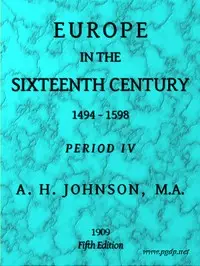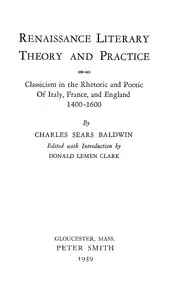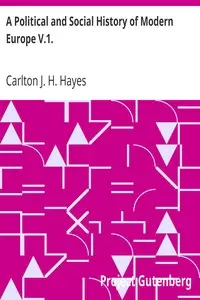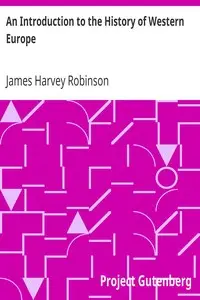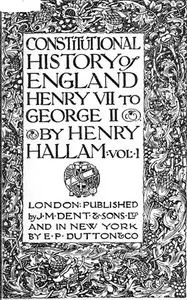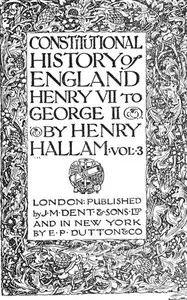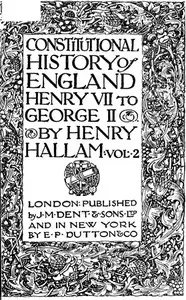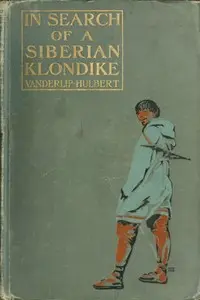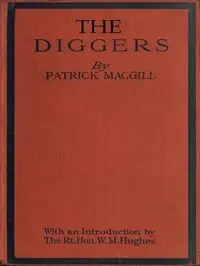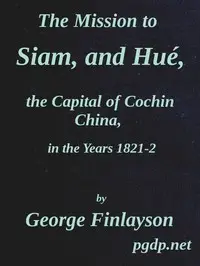"Introduction to the Literature of Europe in the Fifteenth, Sixteenth, and Seventeenth Centuries" by Henry Hallam is a journey through a time in Europe where how people wrote, thought, and lived changed dramatically. It looks at how knowledge shifted from old traditions during the Middle Ages to the exciting rebirth of ideas in the Renaissance. Hallam talks about big changes like the fading of old-fashioned learning and the rise of universities, investigating the impacts of important people and the changing roles of languages across Europe. It's about how what people wrote reflected how society was changing and what new ideas were becoming important.

Introduction to the Literature of Europe in the Fifteenth, Sixteenth, and Seventeenth Centuries, Vol. 2
By Henry Hallam
Witness the transformation of European thought and expression as society evolves through centuries of change and literary innovation.
Summary
About the AuthorHenry Hallam was an English historian. Educated at Eton and Christ Church, Oxford, he practised as a barrister on the Oxford circuit for some years before turning to history. His major works were View of the State of Europe during the Middle Ages (1818), The Constitutional History of England (1827), and Introduction to the Literature of Europe, in the Fifteenth, Sixteenth and Seventeenth Centuries (1837). Although he took no part in politics himself, he was well acquainted with the band of authors and politicians who led the Whig party. In an 1828 review of Constitutional History, Robert Southey claimed that the work was biased in favour of the Whigs.
Henry Hallam was an English historian. Educated at Eton and Christ Church, Oxford, he practised as a barrister on the Oxford circuit for some years before turning to history. His major works were View of the State of Europe during the Middle Ages (1818), The Constitutional History of England (1827), and Introduction to the Literature of Europe, in the Fifteenth, Sixteenth and Seventeenth Centuries (1837). Although he took no part in politics himself, he was well acquainted with the band of authors and politicians who led the Whig party. In an 1828 review of Constitutional History, Robert Southey claimed that the work was biased in favour of the Whigs.


